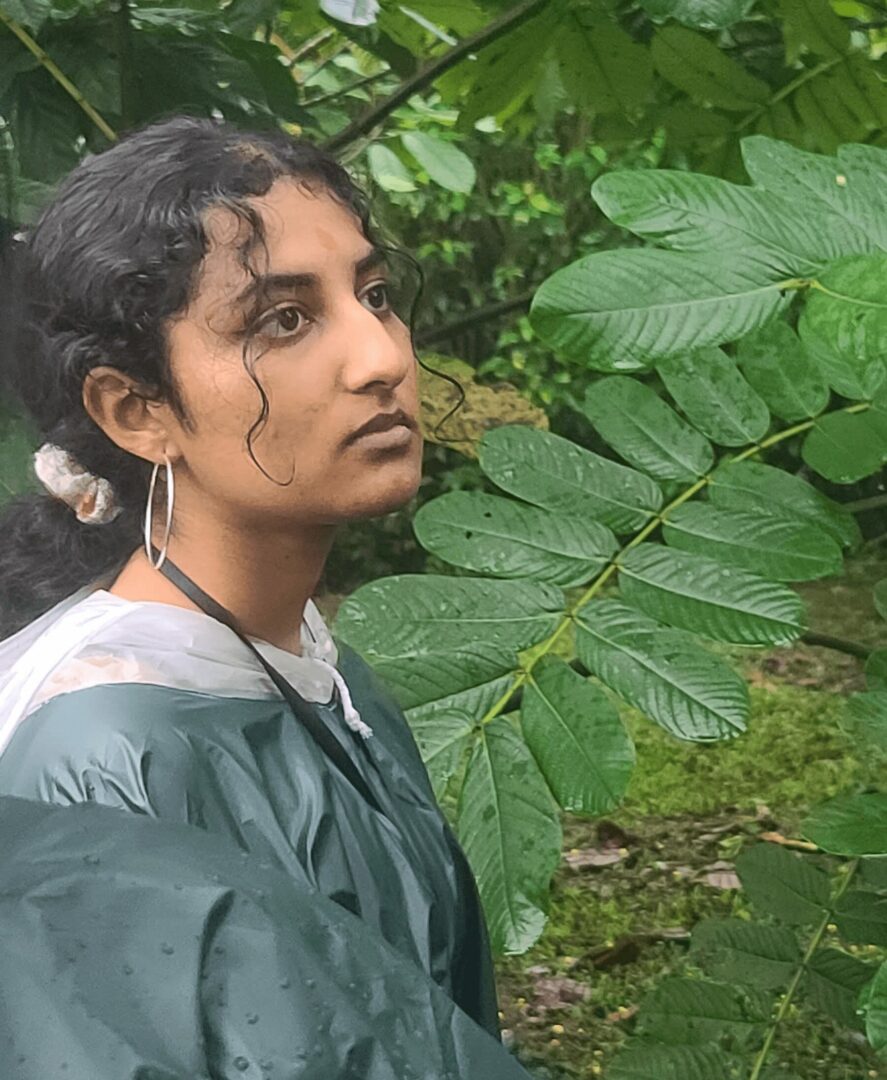We were lucky to catch up with Abirami Subramanian recently and have shared our conversation below.
Hi Abirami , thanks for sitting with us today to chat about topics that are relevant to so many. One of those topics is communication skills, because we live in an age where our ability to communicate effectively can be like a superpower. Can you share how you developed your ability to communicate well?
I remember the year I began to change the way I communicate. Up until then, I relied on volume to make sure I was heard and understood. People paid attention when I projected my voice. As a singer, this was a valuable tool during performances and competitions where I needed to capture an audience. With my smaller stature, it was also handy during everyday conversations where I wanted to ensure my presence was noticed.
The year I turned 10, I joined the environmental conservation movement. In my own youthful way, I recognized that being loud was no longer enough. Unmodulated volume came across as aggressive in many situations, and I realized I needed more control over how I expressed myself. As a member of a non-profit organization, I frequently delivered pitches and presentations. These became my testing grounds—an ideal space to experiment with my content and delivery.
For a time, I became purposefully hyper-conscious of my presentations. I focused intently on the tone, pacing, and rhythm of my words. At the same time, I became more attuned to where my audiences were and what mattered to them. It was through this that I learned how to become a better storyteller.
I began weaving personal anecdotes into my presentations, connecting my environmental message to relatable, human moments. Storytelling became my bridge to connection. I realized that to truly engage people, I needed to craft narratives that resonated with their experiences and emotions. It wasn’t just about how much attention people gave me —it was about how I made them feel.
This skill translated into every facet of my life—whether I was directing an environmental film, giving a speech, or collaborating with teammates on a robotics project. I now listen intently, understanding that communication is as much about receiving as it is about delivering. Over time, I discovered the value of silence as well —how strategic pauses could create anticipation or give weight to my words.
Looking back, my journey from volume to storytelling taught me the importance of adapting to my audience and being intentional with my voice. Today, I continue to refine my communication, knowing it’s a skill that evolves with every conversation and challenge I encounter.
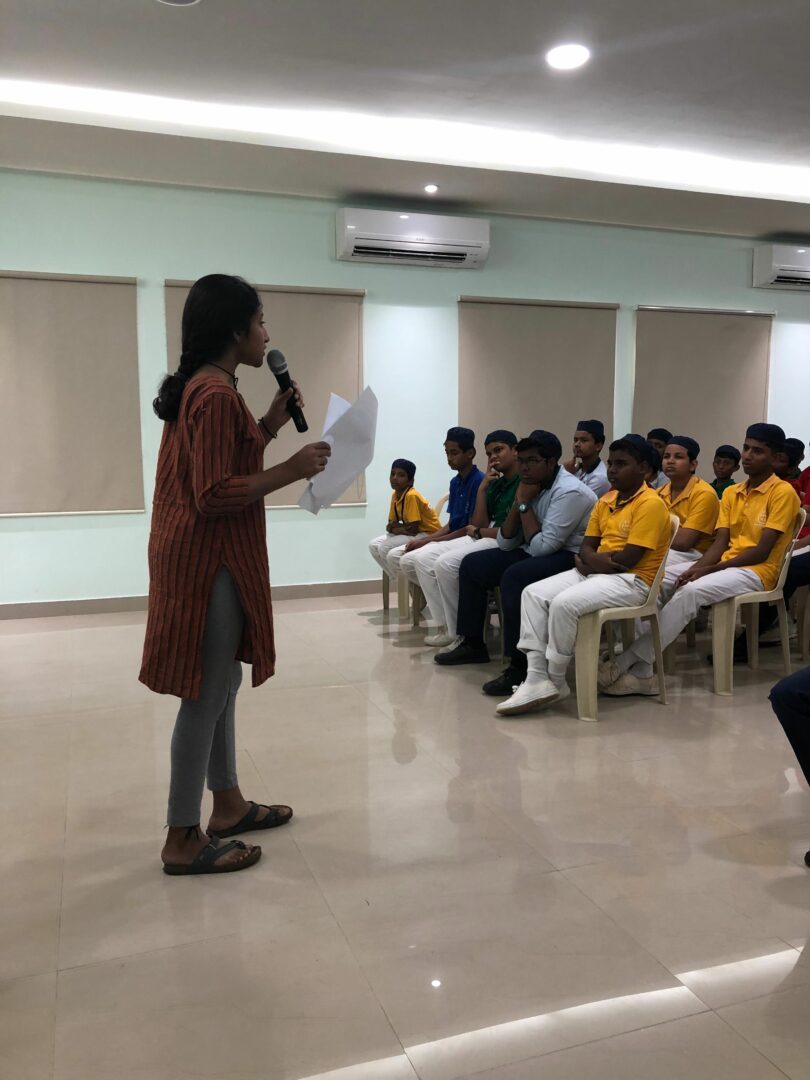
Let’s take a small detour – maybe you can share a bit about yourself before we dive back into some of the other questions we had for you?
My name is Abirami Subramanian, and I am a freshman at the University of Washington (UW) hoping to study computer and environmental science. My work is centered on the intersection of technology, environmental research, and advocacy, and I’m passionate about finding innovative ways to address global environmental challenges. At UW, I’m part of the Underwater Remotely Operated Vehicles Team (UWROV), where I contribute to software and mechanical projects like biomimetic designs, computer vision systems, and saltwater degradation testing for robotic components. These projects allow me to merge engineering principles with environmental problem-solving, a space I find incredibly exciting.
My background also includes work in environmental advocacy and filmmaking. Through projects like the documentaries Youth Misinformed and The Ennore of Today which I helped create with my peers and my presentations on climate and marine issues, I’ve explored how storytelling can amplify scientific research. I also have experience in environmental research – I’ve delved into topics like cetaceans as natural carbon dioxide regulators, the intelligence of orcas, and the effects of climate change on marine ecosystems.
Right now, I’m particularly focused on exploring the role of machine learning and robotics in environmental monitoring and conservation. Whether it’s through technological innovation, research, and/or advocacy, my goal is to contribute meaningful solutions to environmental challenges. I’m always excited to collaborate, learn, and push boundaries in this field.
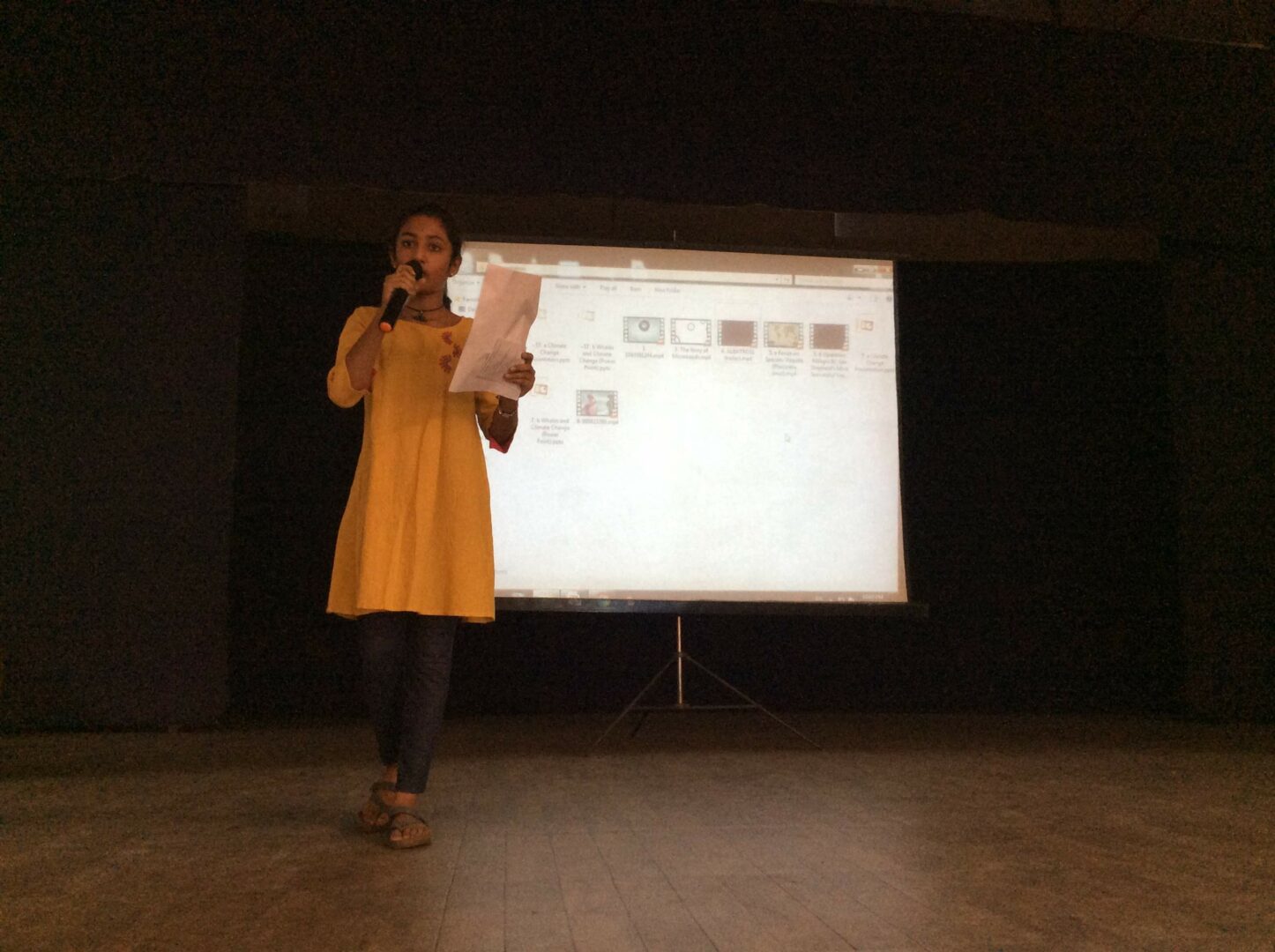
There is so much advice out there about all the different skills and qualities folks need to develop in order to succeed in today’s highly competitive environment and often it can feel overwhelming. So, if we had to break it down to just the three that matter most, which three skills or qualities would you focus on?
Looking from the past to the present, three qualities that stand out are adaptability, interdisciplinary thinking, and persistence, grounded in patience and effort. My adaptability has come from working across fields like environmental science, film-making, and robotics, where I learned to creatively approach diverse challenges. Interdisciplinary thinking grew as I connected technology with my prior environmental research, blending skills like computer vision, bioinformatics, and storytelling into impactful projects. Persistence, patience, and effort were reinforced by my South Indian classical music training, which taught me that growth comes through consistent practice, attention to detail, and embracing gradual progress.
For those early in their journey like myself, I believe that staying open to learning across disciplines is crucial in— strengthening problem-solving skills. Seek hands-on experiences that challenge you to adapt, and nurture patience in your pursuits, knowing that meaningful progress takes time. Above all, stay persistent and value the process as much as the outcome.
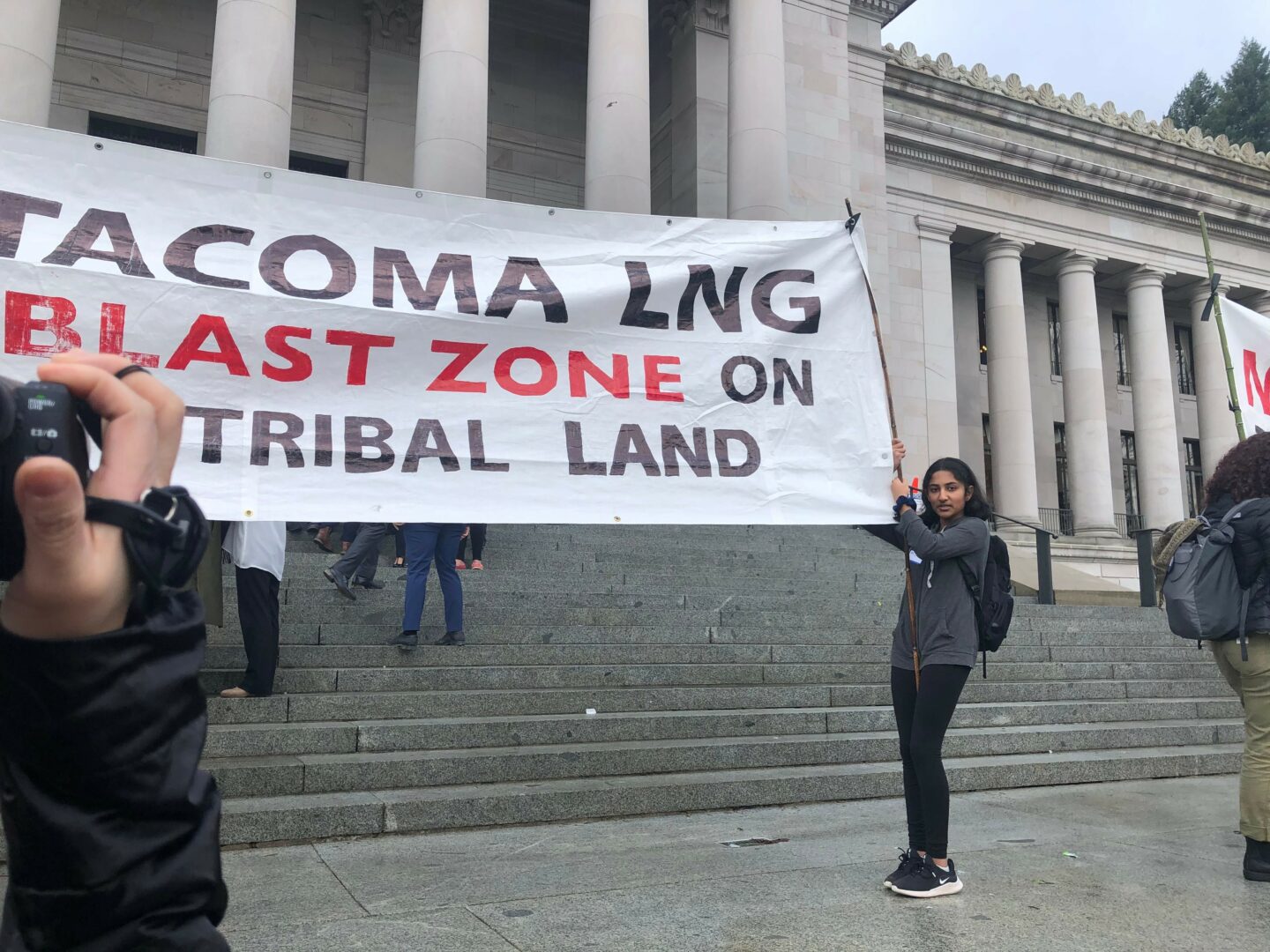
To close, maybe we can chat about your parents and what they did that was particularly impactful for you?
The most impactful thing my parents did for me was teach me that effort, not money or tangible rewards, is the true currency in life. In my family, effort was everything. As a kid, when I asked my parents about getting an allowance, they told me they would never give me one; my effort could earn me anything. With effort, I found experiences, toys, and friendships that held more value than any cash.
My parents emphasized the “how” over the “what.” It wasn’t enough to know facts or finish tasks quickly; I learned to prioritize the process of achieving goals. This mindset made failures easier to accept and successes even sweeter.
As I began seriously venturing into music competitions, I started to value results over effort. Trophies became my focus, and my piggy bank of effort felt emptier. My parents noticed this shift and encouraged me to return to the culture of effort, reminding me that fulfillment wasn’t just about winning.
This shift in perspective came full circle when I became a founding member of a nonprofit. The work didn’t offer quick rewards, but it required consistent effort. I began to appreciate the process again, as each step contributed to meaningful progress.
Now, I understand that effort and results are equally important. My efforts have led to impactful experiences—working with diverse groups of people on environmental issues, education, and policy. When I returned to competitions, my best effort brought success. My piggy bank is no longer about trophies, but about the invaluable experiences that shape my journey.
Contact Info:
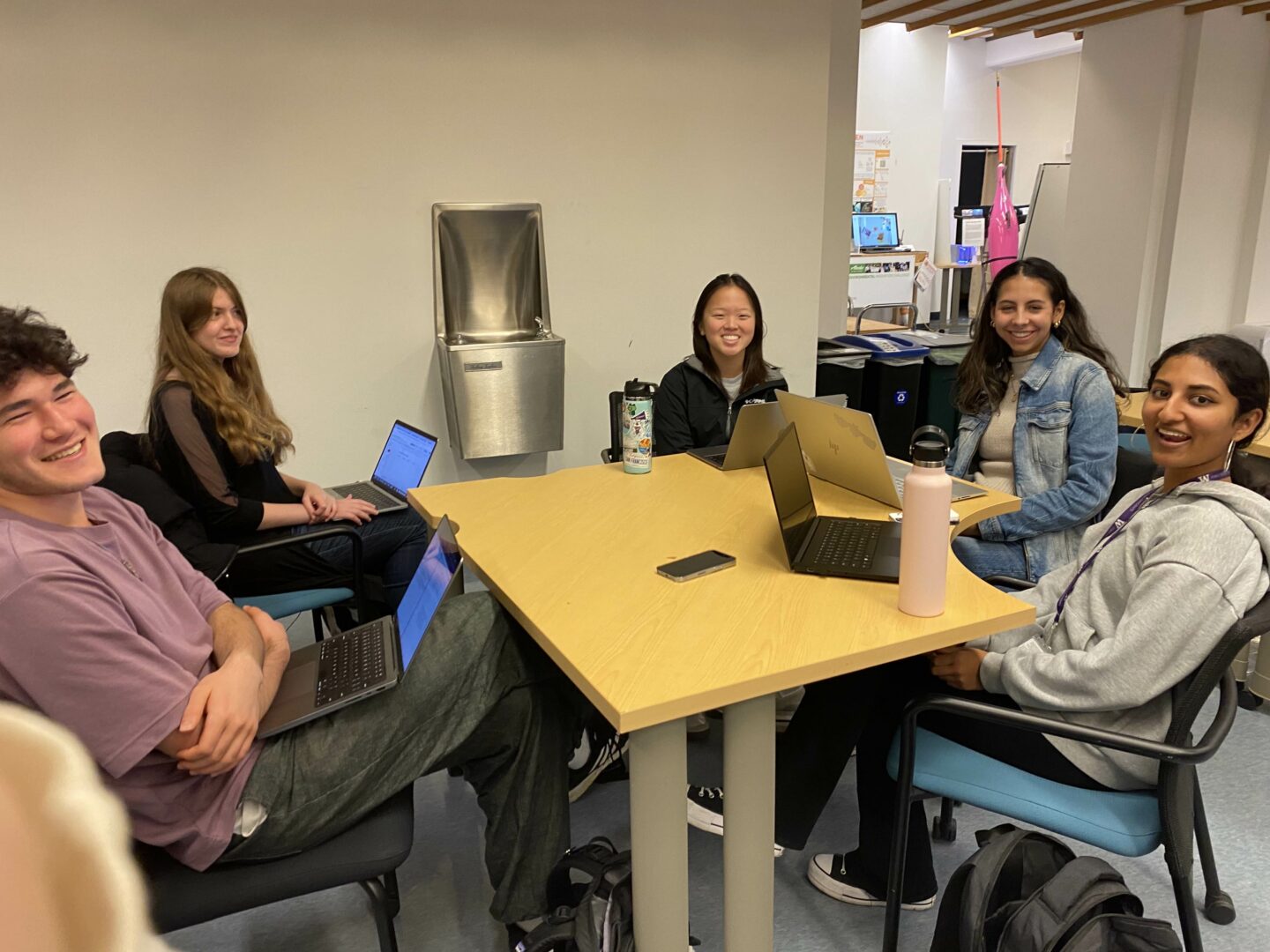
Image Credits
Last image of group work (credit to Suzu Yoshikawa, Business Lead UWROV)
so if you or someone you know deserves recognition please let us know here.

